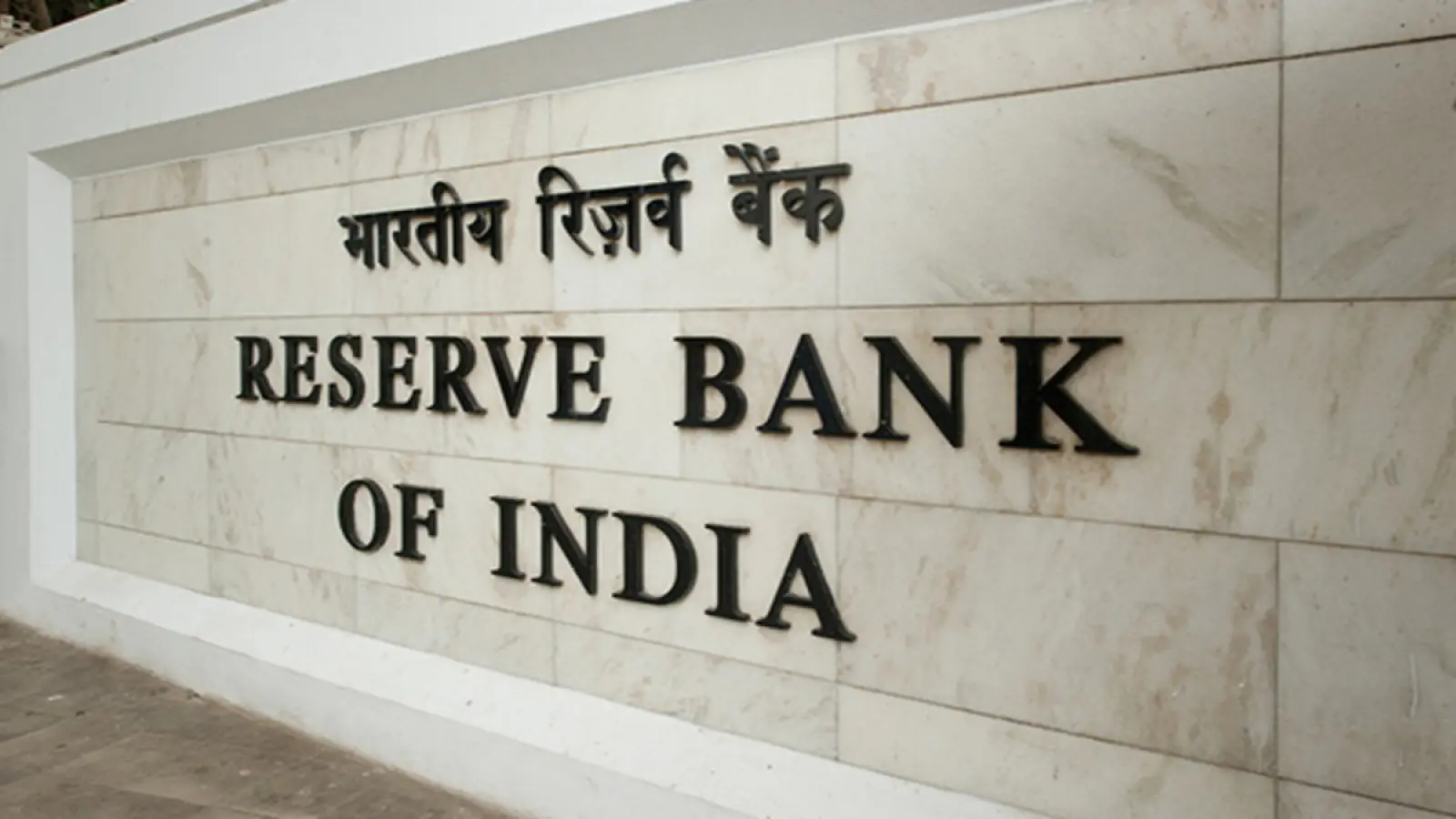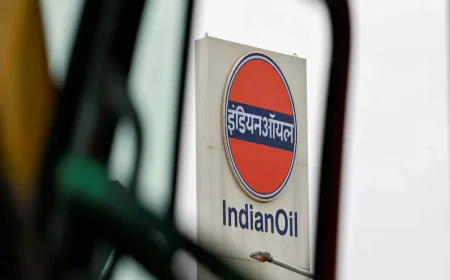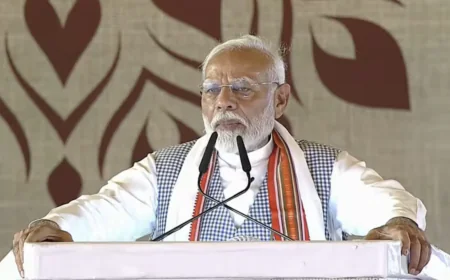Rating agencies said: RBI's dividend is positive, its use will make the priorities of the new government clear
RBI Dividend: Jeremy Zook, Asia-Pacific 'Sovereigns' Director at Fitch Ratings, said sustained deficit reduction, especially if supported by sustainable revenue-enhancing reforms, would be positive for India's rating fundamentals over the medium term.

The RBI's windfall dividend of Rs 2.1 lakh crore is 'positive' for the nation's fiscal situation, and the new government's fiscal priorities will become clear when it uses it. This was stated by global rating agencies on Friday.
Earlier this week, the Reserve Bank of India (RBI) board of directors decided to distribute a dividend of Rs 2.1 lakh crore to the government from the bank's 2023–24 profits. This exceeds by more than twice the government's allocated budget of Rs 1.02 lakh crore.
In the medium term, sustained deficit reduction would be good for India's rating fundamentals, especially if it is accompanied by sustainable revenue-enhancing reforms, according to Jeremy Zook, Asia-Pacific Sovereigns Director at Fitch Ratings.
Want to get your story featured as above? click here!
Want to get your story featured as above? click here!
"Whether the dividend is saved or used for additional spending...can provide signals about the government's fiscal priorities," Zook told PTI over email. Fitch rated India as stable. The landscape is rated 'BBB'.
Moody's Ratings, another rating agency, said the fiscal impact of the larger-than-expected dividend transfer by the RBI will be determined by what the incoming government decides to do with these additional resources.
On the one hand, the government could exercise restraint on spending and help move toward meeting its deficit target, said Christian D. Guzman, senior vice president at Moody's Ratings. This will reduce borrowing requirements thereby freeing up cash in the market for other purposes.
He said that the government can also use this additional money for new policies and initiatives. Global rating agency S&P Global Ratings said the additional dividend from the RBI amounts to about 0.35 percent of GDP. India may get 'rating support' over time if it uses the windfall dividend to reduce fiscal deficit.
"The additional dividend may not fully reduce the deficit due to lack of potential revenue in areas such as disinvestment receipts or additional allocation for expenditure in the final budget," S&P Global Ratings analyst Yiphern Phua told PTI. “If this reduces the deficit completely, we believe this will accelerate fiscal consolidation, which in turn will provide rating support over time.”
All three global rating agencies Fitch, S&P, and Moody's have given India the lowest investment 'grade' rating with a stable outlook. Investors view the ratings as a measure of a country's creditworthiness and impact on borrowing costs.




















.jpg)



























































